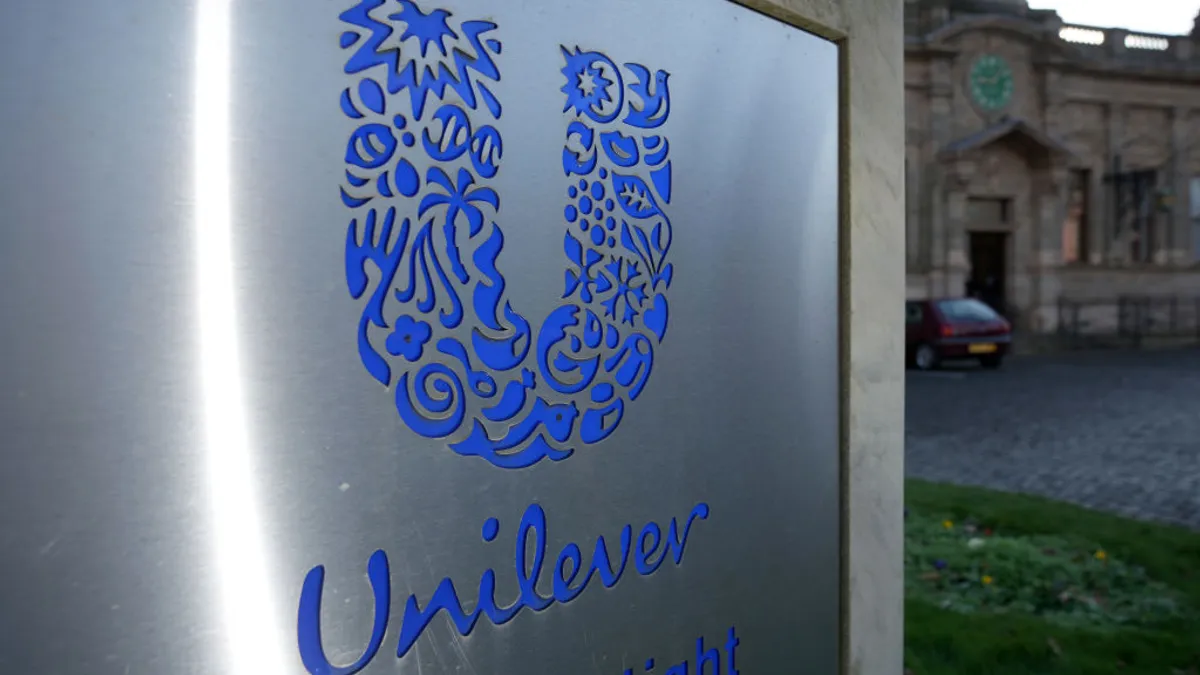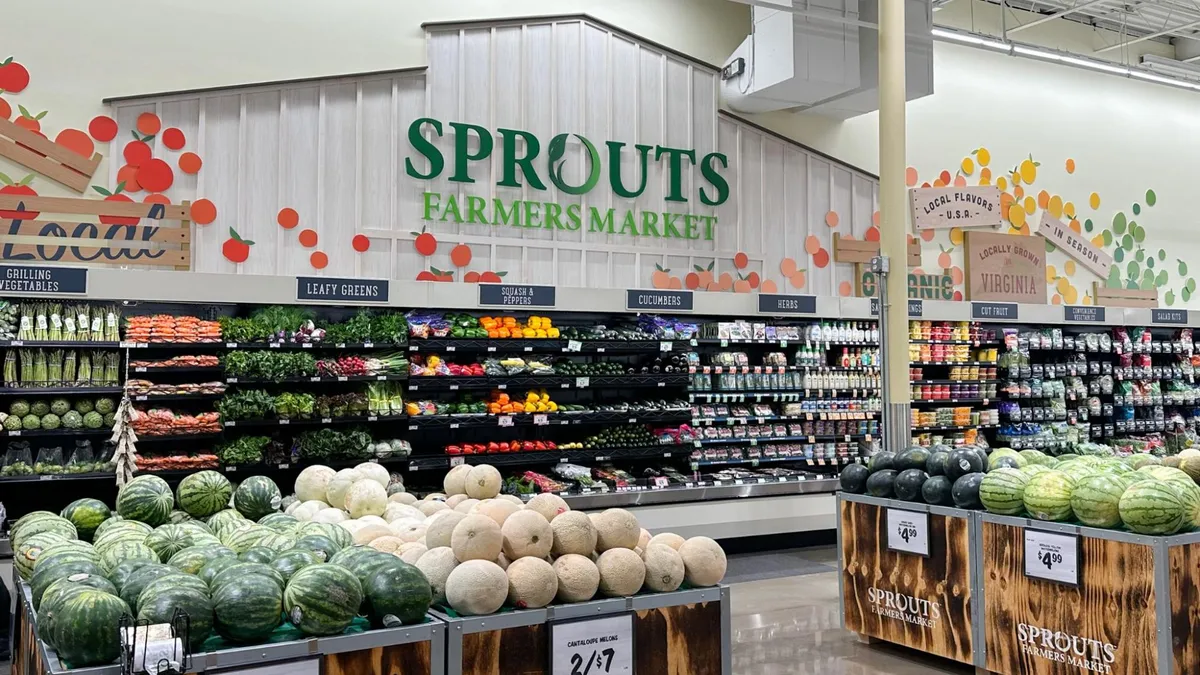Influencer marketing has taken off in the advertising world, and brands are finding that the tactic has strong potential for delivering relevant and personalized content in real-time.
Recent eMarketer research found 67% of marketing and communications professionals worldwide reported using influencers for content promotion and 59% reported using influencer marketing tactics for product launches and content creation.
What's more, beyond traditional influencers, such as celebrities and social media stars, whom brands tap for sponsored social media content, marketers are beginning to look to micro-influencers, which new research from the Keller Fay Group and Experticity shows have wide potential reach.
Micro-influencers are people within different categories who are knowledgeable, passionate and authentic about products in those categories, and because of this are seen as trusted sources for purchase recommendations. The Keller Fay/Experticity research found that 82% of survey respondents said they were highly likely to follow a micro-influencers’ recommendation, and that micro-influencers have 22.2 times more conversations weekly about recommendations on what to buy compared to an average consumer.
According to Steven Callahan, vp of experience strategy and design at nFusion, when marketers understand their customer's journey, through what he described as "the entire marketing ecosystem," they can leverage influencer marketing to provide target audiences with customized experiences. He told Marketing Dive that the tactic has been proven to work across different types of products and industries.
"Influencer marketing has reached a level of maturity that allows marketers to orchestrate influencers at the right time for the greatest impact and less as a marketing layer or social media tactic," Callahan said, explaining that nFusion's clients range from CPG to B2B product and service offerings across a variety of industries.
Influencer marketing may have audiences where it is more effective, but that shouldn't spook brands away.
"Over the last few years we’ve had success activating influencers within diverse customer groups including Millennials and Gen Xers. An additional factor is that considered purchases and higher value products or offerings present more of an opportunity for influencer impact," he said.
Historically, lifestyle brands marketing to millennials were most successful in applying influencer marketing tactics, but according to Callahan, that is changing.
Approaching influencer marketing strategically
“Brands view the influencer dynamic in two fundamentally different ways,” Callahan said. “First as an influencer-mediated engagement, and second as a more peer-based influencer dynamic where the role represents less of a singular, directional dynamic and more of a tribal influencer dynamic.”
The more powerful of the two in terms of being more organic and dynamic, according to Callahan, is the latter.
To engage and activate what he called “true peer-based influence,” a strategic approach combines audience insights uncovered during the buying journey with social analysis and performance optimization.
“Identification of the inflection points along that decision journey is reliant on deep audience understanding and insights,” he said. “This results in ‘ownable’ moments for a brand to orchestrate influencer activity. The potential impact extends beyond influencer circles to echoes of peer-based validation and increased customer loyalty social dynamics.”
In terms of tactics, influencer marketing is best included in a content strategy. The reasoning behind this is that online communities, such as social media platforms, have moved away from direct brand communication in favor of influencer or peer-based conversation. He added that increased measurement through paid influencer platforms, conversion tracking and attribution is key for ongoing optimization of the influencer program.
Making influencer marketing part of a content strategy allows for native advertising and trigger-based content personalization, which Callahan said have been proven effective for nFusion clients.
Influencer marketing in action
Helm Boots, an nFusion client Callahan described as protective of their product reputation and their audience, has adopted an influencer marketing strategy that reinforces "the individuality of its customers."
“We structured the influencer strategy (for Helm) to be tiered around branded content creation,” Callahan said. “We are focusing on word-of-mouth strategies paired with structured influencer activity targeting key audience targets. We are building the conversation organically over time by scaling content and influencer output gradually.”
The effort reached its desired target audience through a combination of shopper data, data modeling, and influencer archetype creation and identification. This was paired with a content strategy created to drive conversation and brand preference.
Influencer marketing overall allows marketers to understand audiences' interests, thanks to user insights and data that can be compiled. Callahan explained this "point of healthy confluence" leads to a more organic interaction within the category.
"By identifying the relevant ecosystem, mapping audience patterns and circles of influence we are able to have more impactful experiences. That paired with the level of sophistication of manual or programmatic real-time networks and personalization tools have resulted in a more sophisticated engagement system for the delivery of influencer content," he said.
Customers are increasingly resistant to established marketing communications methods, which he explained has led to a rise in brands looking for other means to connect with consumers. As an example of that point, he said a growing trend within influencer marketing specifically is the use of chat platforms to enable more word-of-mouth interactions.
"Be that different forms of push marketing, direct response content delivery systems or traditional display advertising," he explained, "They are being replaced by more customer-centric and trusted modes of communication -- including influencer marketing."




















